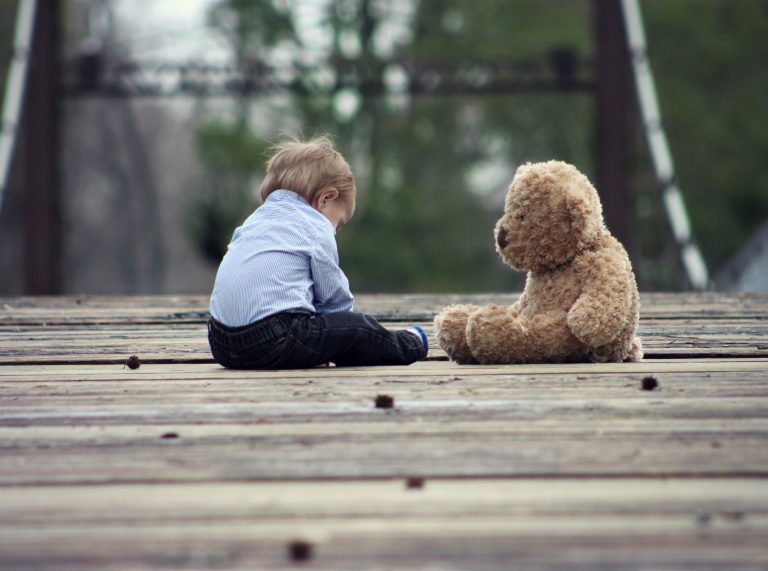Experiencing Homelessness
The McKinney-Vento Homelessness Assistance Act defines homelessness as:
“Individuals who lack a fixed, regular, and adequate nighttime residence and includes children and youths who are sharing the housing of other persons due to loss of housing, economic hardship, or a similar reason; are living in motels, hotels, trailer parks, or camping grounds due to the lack of alternative adequate accommodations; are living in emergency or transitional shelters; or are abandoned in hospitals; children and youths who have a primary nighttime residence that is a public or private place not designed for or ordinarily used as a regular sleeping accommodation for human beings; children and youths who are living in cars, parks, public spaces, abandoned buildings, substandard housing, bus or train stations, or similar settings; and migratory children.”
What Does ‘Homeless’ Look Like?
Children, youth and parents experiencing homelessness in New Hampshire share their thoughts on having nowhere to go and the importance of school. This 18-minute video was filmed and produced by Diane Nilan of HEAR US Inc. (hearus.us) for the NH Department of Education’s McKinney-Vento program.

Below are resources for Providers who want to learn more or are working with children who may be experiencing homelessness.
Supporting Children and Families Experiencing Homelessness Modules
“This interactive learning series with 8 modules is intended for professionals in Head Start, Early Head Start, and child care, including early childhood and school-age child care providers, Child Care and Development Fund Lead Agency or designated entity staff, and other key stakeholders.
Learn how to identify families experiencing homelessness, conduct community outreach, and much more.”
Nadine Burke Harris – TED Talk
“Childhood trauma isn’t something you just get over as you grow up. Pediatrician Nadine Burke Harris explains that the repeated stress of abuse, neglect and parents struggling with mental health or substance abuse issues has real, tangible effects on the development of the brain. This unfolds across a lifetime, to the point where those who’ve experienced high levels of trauma are at triple the risk for heart disease and lung cancer. An impassioned plea for pediatric medicine to confront the prevention and treatment of trauma, head-on.”
Caring for the Health and Wellness of Children Experiencing Homelessness Article
“When working with families experiencing homelessness, it is important to remember that children’s health and housing security are closely intertwined. Children experiencing homelessness are more likely to experience chronic diseases, behavioral health concerns, developmental delays, hunger, and malnutrition than those who have homes.”
WMUR Project CommUNITY
WRUM aired several videos on families experiencing Homelessness in NH.
Resources for Families Experiencing Homelessness
Trauma Resources
